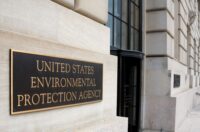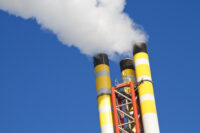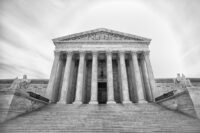The Demise of the Chevron Deference and the Future of Administrative Law
On June 28, 2024, the U.S. Supreme Court (SCOTUS) made history in issuing a landmark 6-to-3 ruling overturning a 40-year-old administrative law standard known as Chevron deference. The ruling opens the door for a tsunami of legal challenges to federal rulemaking. Federal regulations affect nearly every facet of daily life, from the cars we drive […]










